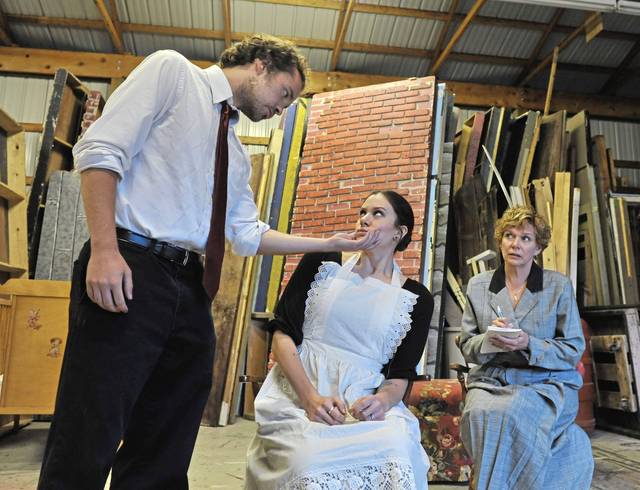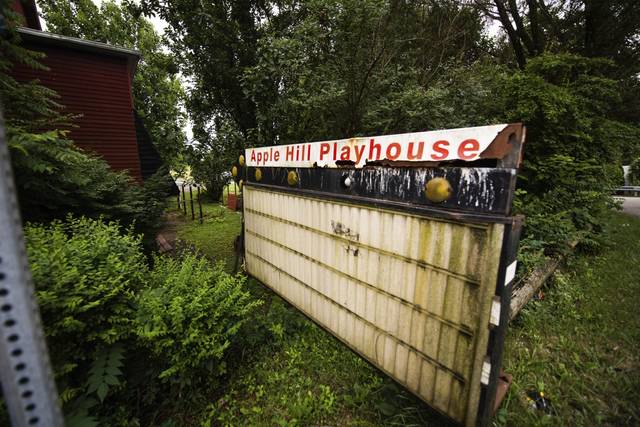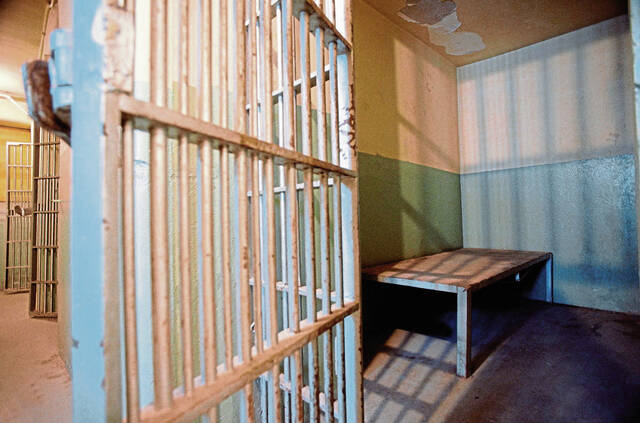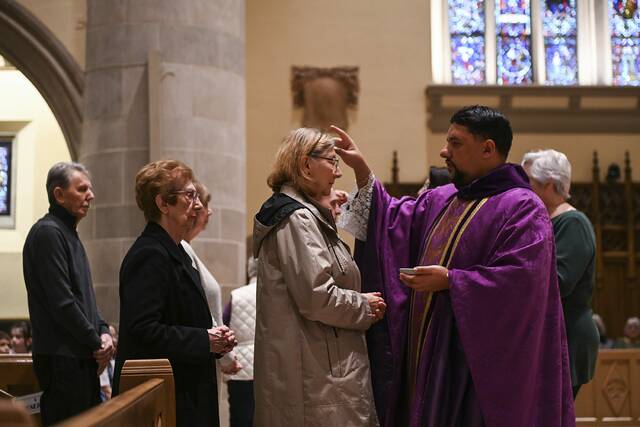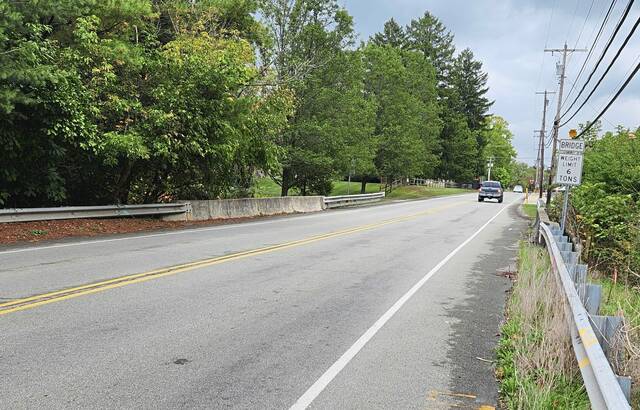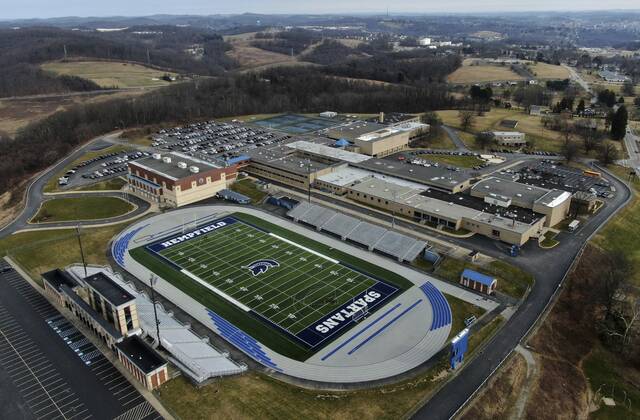The Apple Hill Playhouse in Delmont is going dark.
“The time has come” to permanently close the historic stage, executive artistic director Pat Beyer said.
“I’m just too old to be in this game anymore. This is my 38th year,” said Beyer, 79.
However, it’s just the barn that’s closing, not the theater company that has been performing there for decades.
What it all means for Orchard Performing Arts Company, the playhouse’s resident theater group, is unclear at this point.
“The only thing I can say on behalf of OPAC is that we are saddened by the news,” OPAC president Mike Crosby said. “But we understand and are supportive of the reasons of why it happened. We are currently exploring our options.
“OPAC still exists, but as of future plans, everything is up in the air. Apple Hill was the performance venue since OPAC’s inception and, for the most part, was the only theater company that produced shows at the facility,” Crosby said. “We now do not have a performance venue, so our future is uncertain at this point.”
Beyer said her age and health issues, along with ongoing uncertainties about how theaters will operate as pandemic restrictions continue, led to the decision to close.
Configuring socially distanced seating and maintaining sanitation protocols in the rough-hewn, Civil War-era barn that houses the theater would be difficult, she said.
“I cannot see this structure being brought up to speed in today’s climate. They still haven’t worked out yet how theaters will operate,” she said. “If they can’t figure out what to do at Heinz Hall and the Benedum, how do they expect me to figure it out?”
The barn was transformed into a theater around 1956 and a group from the Pittsburgh Playhouse expanded the building and named it the William Penn Theater, according to the theater’s Facebook page.
In 1964, it was bought by a trio of theater practitioners associated with Mountain Playhouse and renamed Apple Hill Playhouse. Their first production was a one-woman show starring the late comedian Totie Fields.
Beyer bought the theater in 1982, producing plays from May to October. Children’s plays also were produced under the name Johnny Appleseed Children’s Theater.


